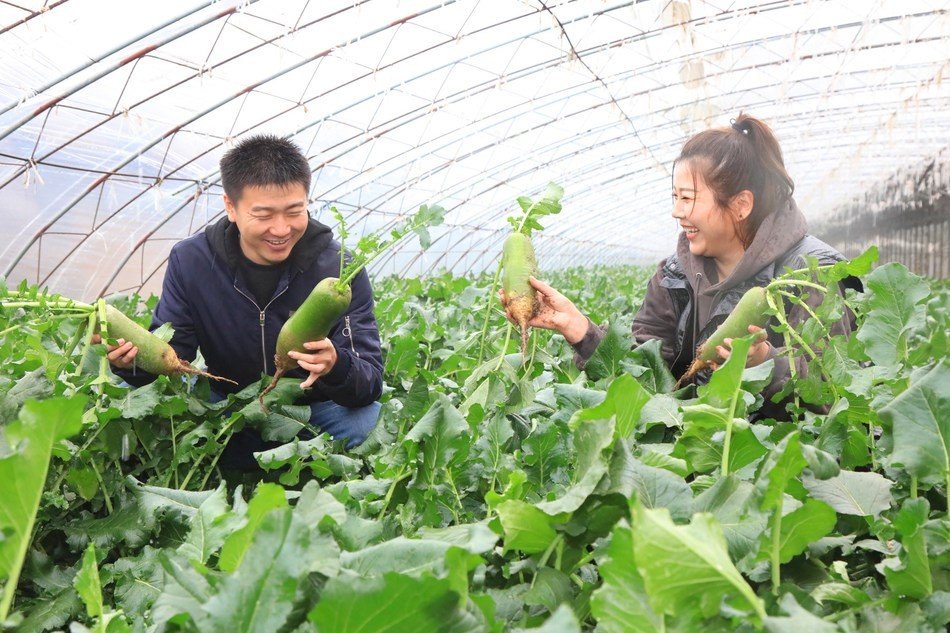The world’s largest digital agriculture e-marketplace, Agri10x has turned the fortunes of more than one lakh farmers within a short span of time
Pune-based agtech major Agri10x is expected to clock a whopping GMV of INR 100 crore by December 2021, making it not just one of the fastest growing agtech companies globally, but also rightfully earning the title of the ’Alibaba of Agriculture’.
Agri10x is the world’s first Artificial Intelligence & Blockchain enabled global e-marketplace connecting farmers with traders. The fastest growing agritech company worldwide with an extensive data bank, Agri10x offers 360 degree agricultural solutions, ranging from pre-harvest to post-harvest.
The world’s largest digital agriculture e-marketplace, Agri10x has turned the fortunes of more than one lakh farmers within a short span of time. This has been possible thanks to the recent path-breaking Indian Agriculture Reform Bills 2020, which has opened the floodgates for farmers to explore promising selling channels across the country.
The 24×7 digital platform is creating waves amongst the farming community, thanks to the ease of conducting business. Backed by innovative technologies like Artificial Intelligence and Blockchain, Agri10x platform offers transparency, traceability and sustainability.
Its key features like instant payment, quality assaying, competitive pricing, warehousing and logistics support have made Agri10x platform a preferred partner for farmers, FPOs as well as traders. Its clientele also includes various corporates and processing units with whom they aspire to bring a positive change in the agricultural realm.
The portal connects farmers with sellers both in domestic and international markets and offers a wide range of fruits, vegetables, grains, pulses, dry fruits and spices. Agri10x has a strong foothold in commodities like onion, potato, tomato, lemon, ginger, chillies, garlic, pomegranate, pineapple, soyabean, maize, corn, etc. and regularly exports to various Southeast Asian and Middle East countries.
The company has managed to generate volume-based business, which shows a promising future for Indian agriculture. Agri10x is also fast expanding its base in local trading across various states including Maharashtra, Bihar, UP, Jharkhand, Karnataka and Tripura to name a few.
The founders deeply believe that a ’farmer is the king’, who deserves to earn a respectable livelihood. “With technological advancement and reforms, farmers can now easily sell their produce at farmgate level without the hassle of going to a mandi physically or waiting for their dues endlessly. At Agri10x, we have consciously worked towards eliminating the middlemen who have threatened the livelihood of farmers for ages. Through our platform, we provide global market accessibility for farmers along with favourable pricing,” said Pankajj Ghode, CEO, Agri10x.
The agtech firm is also closely working with the Common Service Centre (CSC) across India — a government set-up that supports farmers and offers e-governance on a massive scale. Agri10x is also building a strong network of Village-Level Entrepreneurs (VLEs) and actively contributing in employment generation across rural India.
With even the sky not being the limit, Agri10x is indeed a market disruptor that lives up to its motto of ’Ten Times Gains, Ten Times Happiness’ for farmers.
The world’s largest digital agriculture e-marketplace, Agri10x














